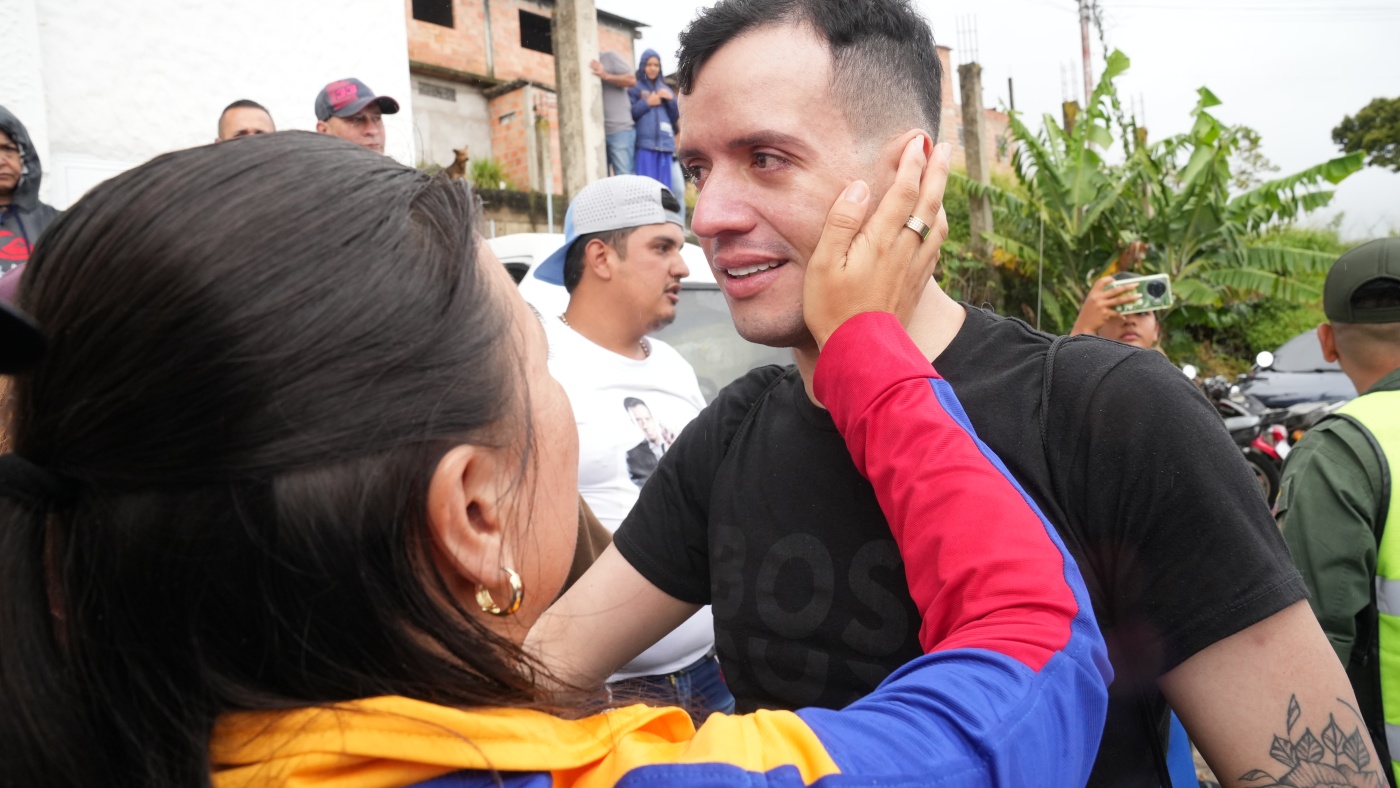Released Venezuelans Detail ‘Hell on Earth’ in El Salvador’s Notorious CECOT Prison
Released Venezuelans Detail ‘Hell on Earth’ in El Salvador’s Notorious CECOT Prison

Recently released Venezuelan detainees have provided harrowing first-hand accounts of brutal abuse, including violence and sexual assault, inside El Salvador’s notorious Centro de Confinamiento del Terrorismo (CECOT) mega-prison. Their testimonies emerge just over a week after their release as part of a prisoner exchange between the U.S. and Venezuela.
Carlos Daniel Terán, 19, and Andry Hernandez, 32, among others, recounted their ordeal to NPR, describing inhumane conditions, inadequate food, and constant threats from prison guards. Terán, who was transferred to CECOT in March of this year from a U.S. immigration detention center, was told upon entry that he would ‘never leave this place.’
Hundreds of Venezuelans, many deported by the Trump administration under the rarely used 1798 Alien Enemies Act, were sent to CECOT without evidence, accused of being members of the Tren de Aragua gang. For nearly four months, the U.S. government withheld their identities and barred communication with families or lawyers. Both Terán and Hernandez deny any gang affiliation, with Terán having entered the U.S. legally and possessing no U.S. criminal record.
Inside CECOT, prisoners reported being confined to cells with clogged toilets, no air conditioning, and only one daily opportunity to bathe in cement tanks. Sleep was on metal planks without mattresses. The most severe accounts detail routine beatings by guards, and sexual abuse in a punishment cell known as ‘La Isla’ or ‘The Island,’ as described by Hernandez, who is openly gay.
The testimonies are among the first public accounts from former inmates of CECOT, a prison opened in January 2023 under President Nayib Bukele’s anti-gang crackdown, which has remained largely inaccessible to outside scrutiny. Human rights groups like Cristosal, a Salvadoran organization, assert that the conditions and actions described by the former detainees qualify as torture, and that their transfer to El Salvador without due process constitutes forced disappearance.
The Department of Homeland Security, when asked about the allegations, reiterated accusations of gang affiliation without providing evidence, while the government of El Salvador has not responded to requests for comment. Cristosal’s background checks on 160 of the 252 Venezuelans sent to El Salvador found less than 10% had criminal records, highlighting grave concerns over the legality and humanity of their detention.
Disclaimer: This content is aggregated from public sources online. Please verify information independently. If you believe your rights have been infringed, contact us for removal.